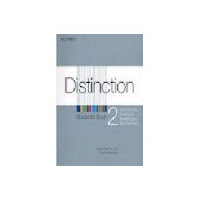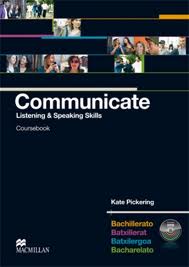2º Bachillerato: Reported Speech

EXERCISE 2 I thought you said it wasn´t expensive. I thought you said Ann wasn´t coming. I thought you said Bill hadn´t passed his examination. I thought you said Ann didn´t like Bill. I thought you said you wouldn´t be there the following week. I thought you said you couln´t afford a holiday that year. This structure is quite useful if you want to check the information you have. QUESTIONS: The journalist asked what had caused the explosion. Tom asked if Bill had passed his examination. She asked us where we had played the previous Sunday. Jim asked Ann if she would be there the following week. The teacher asked me what I was doing with my mobile. QUESTIONS EXERCISE 1 She asked where her umbrella was. Martin asked us how we were. He asked if he had to do it. The mother asked her daughter where she had been. She asked her boyfriend which dress he liked best. She wanted to know what they were doing. He wanted to know if I was going to the c


